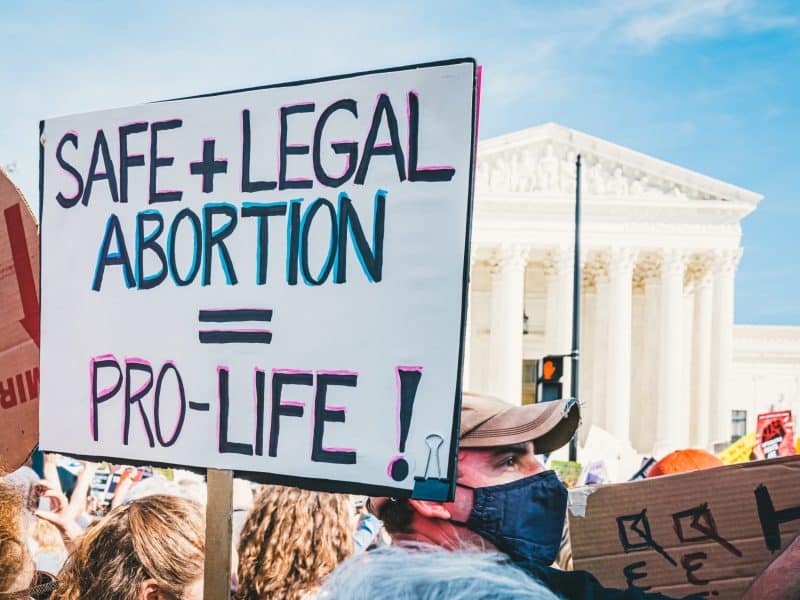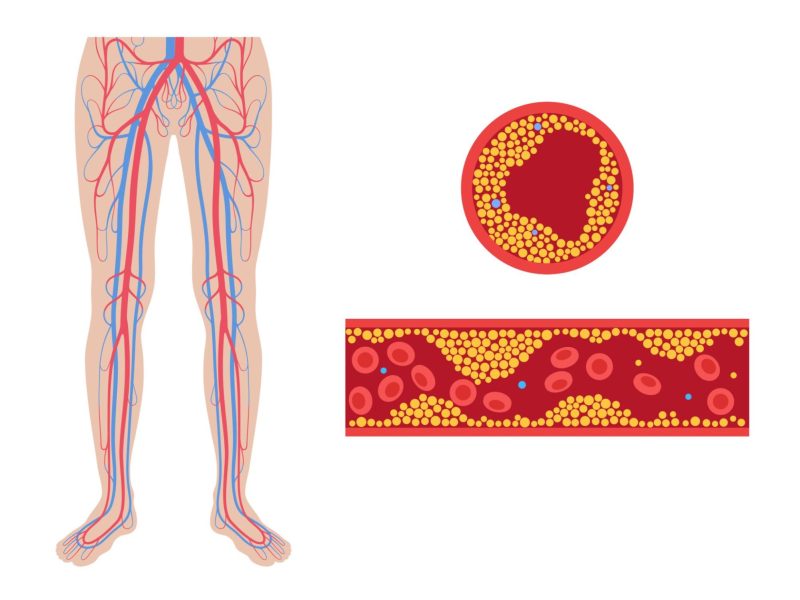
 (WOMENSENEWS)–Broadly welcomed as a "milestone" for women’s rights, UN Women’s strategic plan released in early July sets out an ambitious agenda to improve the rights and opportunities of women around the world.
(WOMENSENEWS)–Broadly welcomed as a "milestone" for women’s rights, UN Women’s strategic plan released in early July sets out an ambitious agenda to improve the rights and opportunities of women around the world.
It outlines key goals to increase women’s leadership and economic empowerment, end violence against women and promote global norms on gender equality.
One issue, however, is neatly ignored: safe abortion.
The omission puts it in league with other U.N. agencies that are shying away from the politically volatile topic, despite mounting evidence that restricted abortion access contributes to maternal deaths and constitutes a violation of a woman’s human rights.
Unsafe abortion is one of the three leading causes of maternal mortality, killing an estimated 68,000 women each year, according to UN Women. Yet Millennium Development Goal No. 5 – which aims to halve these fatalities by 2015 – makes no mention of unsafe abortions.
None of the U.N. agencies dealing with women’s rights and maternal health – the U.N. Population Fund, the World Health Organization and now UN Women – has condemned restrictive abortion laws even though all have acknowledged their harm.
UN Women’s flagship report "Progress of the World’s Women," released last month, recognized that "the criminalization of abortion results in severe restrictions to women’s rights." Although this language represents a landmark shift from previous reports, it has not translated into policy.
The agency maintains its support for the 1994 Cairo agreement, which accords U.N. member states the sovereign right to determine abortion laws.
"[Michelle] Bachelet is building her political capital within the U.N. and worldwide," says Carmen Barroso, regional director at International Planned Parenthood Federation. "She is also fundraising for an entity that is severely under resourced. In light of this, she will not engage on controversial issues such as abortion."
Potential Contentious Debate
UN Women’s strategic plan had to go through its executive board, which is made up of 41 member states, some of which impose severe restrictions on abortion.
"Unfortunately, the discussion of these topics would have erupted into a contentious debate amongst member states, stalling the approval of the plan," says Margot Baruch, program coordinator at the Center for Women’s Global Leadership, an academic research institute based at Rutgers University in New Brunswick, N.J.
It boils down to a systemic political failure, says Luisa Cabal, director of the International Legal Program at the Center for Reproductive Rights, the New York-based legal advocacy group. "The donor governments and major players need to demand leadership."
A recent report by the Guttmacher Institute, the New York-based research group for reproductive health, identifies crucial gaps in global efforts to tackle unsafe abortion.
"Despite the international community’s growing attention to and resources for maternal health, many leading advocates, policymakers and donors–including the United States–are reluctant to even acknowledge the role of unsafe abortion in maternal mortality, much less address it directly," says the report.
The United States is the largest single international donor and many say its silence on the dangers of unsafe abortions has been a key obstacle to putting abortion on the global agenda.
"U.S. leadership is a big problem," says Barbara Crane, executive vice president of the global reproductive health advocacy group Ipas, which has U.S. headquarters in Chapel Hill, N.C. Agencies of the U.N. "want to avoid controversy and they want to avoid offending the U.S. congress because the U.S. is such a major donor."
Global Gag Rule
In 2001, the Bush administration re-instated the Mexico City Policy or global gag rule, which prohibited U.S. aid from funding any group involved in abortion-related work. (It was called the gag rule because that prohibition extended to even talking about or counseling abortion or advocating for change in abortion laws.) The administration subsequently de-funded the U.N. Population Fund over allegations that the international development agency supported coercive abortion policies in China.
President Barack Obama reversed these decisions in 2009, but has been reluctant to push things further.
"He did rescind the global gag rule but they were very loath to do anything more proactive and there’s a lot more they should have been doing early in the administration when they had a lot of political capital," says Crane.
The Obama’s administration’s recent report "Women in America," commissioned by the White House Council on Women and Girls, was hailed as the first to compile comprehensive data on the status of women in the United Sates since 1963. But it stayed silent on the hot-button topic of abortion.
Obama is bound by the 1973 U.S. law known as the Helms amendment to the Foreign Assistance Act. It prohibits U.S. aid from being used to promote "abortion as a method of family planning." He also faces a strong tide of conservative opposition, with state lawmakers this year introducing a torrent of anti-abortion laws. Some of the laws are designed to pick fights that go to the Supreme Court, where pro-choice activists assume the bench, on balance, is unfriendly.
Limitations in Europe
Even in Europe, only a handful of governments–the United Kingdom, the Netherlands, Sweden, Norway, Denmark and Finland–have unequivocally endorsed abortion rights. Support from other key governments, including Australia, Canada and Germany, is missing.
UN Women told Women’s eNews that abortion laws can only be determined at the national level and subsequently fall outside of its mandate. But the agency is trailing far behind human rights jurisprudence and treaties, including the Convention on the Elimination of All Forms of Discrimination Against Women, or CEDAW, the main frame for women’s international rights.
The CEDAW Committee has condemned restrictive abortion laws, along with other treaty monitoring bodies, including the Human Rights Committee (for the International Covenant on Civil and Political Rights) and the Committee against Torture.
Last year, the European Court of Human Rights, based in Strasbourg, France, ruled that Ireland had violated the rights of a woman with cancer by denying her access to an abortion.
A trained physician, Bachelet, under-secretary-general and executive director of UN Women, can be assumed to know the risks associated with unsafe abortion. As president of Chile – where abortion is illegal – she upset conservative religious forces by expanding the availability of the morning-after pill among young women. But she did not push to legalize abortion.
For Ipas’ Crane, the sidestepping of abortion rights by the U.N.’s primary advocacy group for women is a major disappointment.
"We need a mobilizing goal or target to inspire the international community to take stronger action on this issue," she says.
Would you like to Comment but not sure how? Visit our help page at https://womensenews.org/help-making-comments-womens-enews-stories.
Would you like to Send Along a Link of This Story?
https://womensenews.org/story/reproductive-health/110801/un-agencies-duck-taking-stand-safe-abortion
Hanna Hindstrom is a freelance journalist based in London.
For more information:
U.N. Women:
http://www.unwomen.org/
White House Council on Women and Girls:
http://www.whitehouse.gov/administration/eop/cwg
Convention on the Elimination of All Forms of Discrimination Against Women:
http://www.un.org/womenwatch/daw/cedaw/committee.htm
Guttmacher Institute:
http://www.guttmacher.org/


